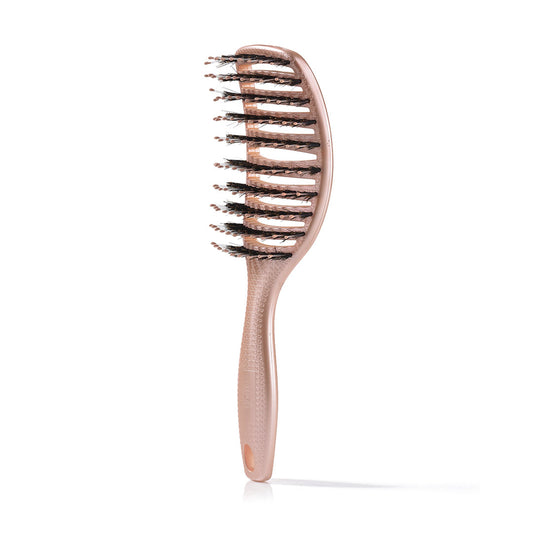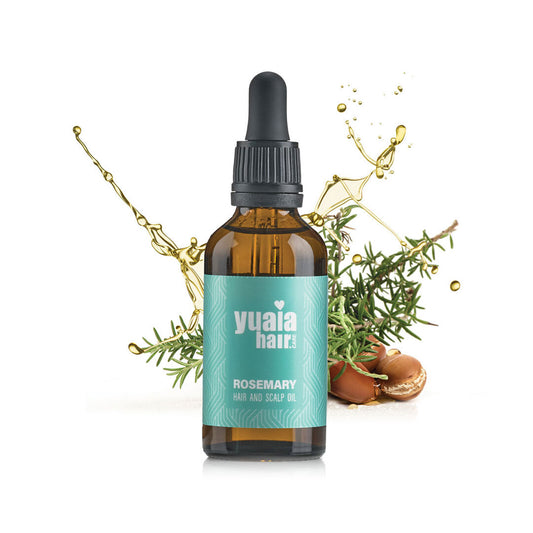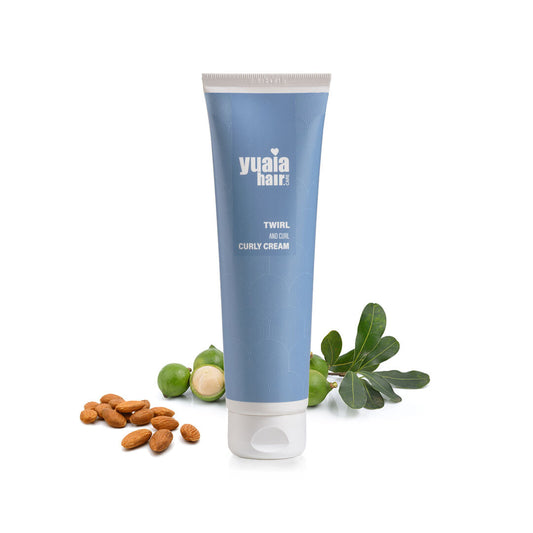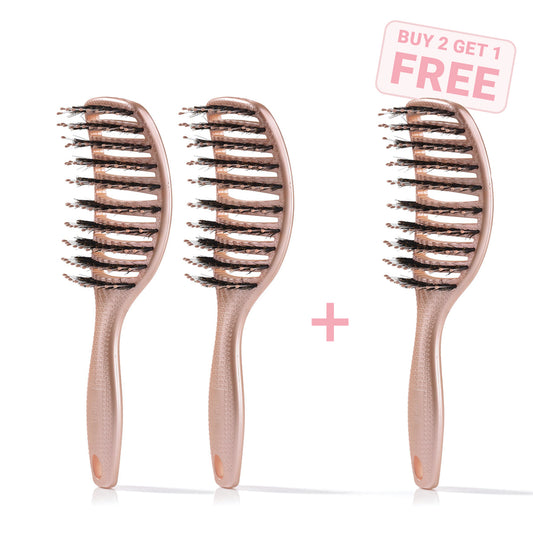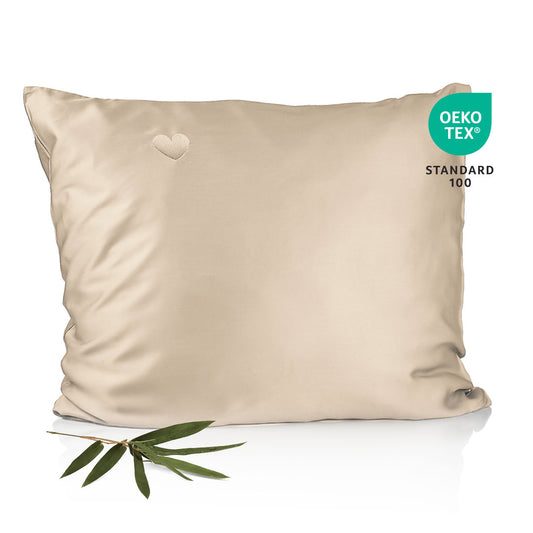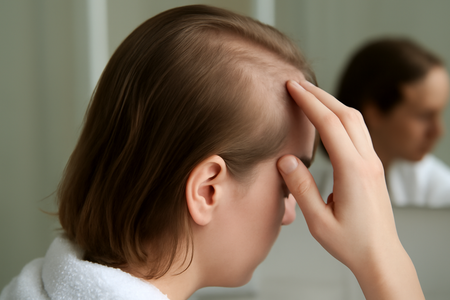
Spotlight on frontal fibrosing alopecia
Frontal fibrosing alopecia (FFA) is a specific condition that predominantly affects post-menopausal women, leading to a distinctive pattern of hair loss along the front and sides of the scalp. FFA can cause the hairline to recede, sometimes accompanied by scarring, which makes early detection and management vital. This condition underscores the importance of seeking medical advice promptly, as early intervention can help manage symptoms and potentially slow the progression of hair loss.
Symptoms of FFA include a noticeable band of hair thinning or baldness at the front of the scalp, often along with redness or inflammation. As it primarily affects older women, recognizing these symptoms early on can significantly impact the management and treatment outcomes. Consulting a healthcare professional for an accurate diagnosis is essential, as it enables individuals to explore treatment options that may help preserve existing hair and slow further loss.
Nutritional deficiencies and their impact
While genetic and medical factors play a role in hair thinning, nutritional deficiencies can also exacerbate the issue. Essential nutrients such as biotin, zinc, and selenium are crucial for maintaining normal hair health. A lack of these nutrients can compromise hair growth and lead to increased thinning, especially at the front of the scalp.
To support hair health, consider incorporating foods rich in these nutrients into your diet. For instance, eggs, nuts, and seeds are excellent sources of biotin, while zinc can be found in meat, shellfish, and legumes. Selenium is abundant in Brazil nuts and seafood. A balanced diet not only supports overall well-being but also contributes to healthier hair.
For those looking to enhance their hair care routine, our rosemary hair oil can be a beneficial addition. This product is designed to nourish the scalp and strengthen hair, promoting a healthier environment for hair growth. Regular use of hair oil can help improve the overall condition of your hair, making it appear fuller and more resilient.
Effective prevention and treatment methods
Addressing hair thinning in the front involves adopting gentle hair care practices and making lifestyle adjustments. One effective strategy is to avoid tight hairstyles that put stress on the hairline, such as tight ponytails or braids. Instead, opt for looser styles that minimize tension and reduce the risk of traction alopecia.
Incorporating a gentle hair care routine with sulfate- and silicone-free products can also make a significant difference. Our Twirl and Curl curly cream is formulated to enhance curls without weighing them down, providing moisture and definition for curly hair types. This product can help maintain hair's natural texture while reducing the risk of damage associated with harsh styling products.
By understanding the causes and implementing these preventive measures, individuals can take proactive steps to manage hair thinning at the front, ultimately promoting healthier hair growth and boosting confidence.
Understanding the role of hair care tools
When dealing with thinning hair at the front, the tools you use in your hair care routine can have a significant impact. Opting for gentle tools that minimize stress on the hair shaft is essential. For example, using a curvy brush with boar bristles can help distribute natural oils from the scalp throughout the hair, promoting shine and reducing breakage. This brush is especially beneficial for those with delicate or thinning hair, as it gently detangles without pulling.
The impact of pillowcases: Why bamboo matters
Another often overlooked factor in hair health is the type of pillowcase you use. Bamboo pillowcases are an excellent choice for those experiencing hair thinning, as they are soft and reduce friction compared to cotton. This reduced friction helps prevent hair breakage and tangles, which can be particularly beneficial for those with fragile or thinning hair at the front. Additionally, bamboo is naturally hypoallergenic and moisture-wicking, creating a healthier environment for both your hair and skin.
Exploring natural remedies
In addition to using gentle hair care products and tools, exploring natural remedies can also support hair health. Essential oils, such as rosemary oil, have been traditionally used to promote hair growth and improve scalp health. At Yuaia Haircare, we offer rosemary hair oil that can be massaged into the scalp to nourish hair follicles and potentially encourage thicker, healthier hair. Regular scalp massages with this oil can also improve blood circulation, which is beneficial for hair growth.
Frequently asked questions
Can stress cause hair thinning in the front?
Yes, stress can lead to telogen effluvium, a temporary form of hair loss that may cause noticeable thinning in the front.
How can I tell if my hair thinning is due to genetics or lifestyle?
Genetic hair loss often follows a pattern and may coincide with family history, while lifestyle-induced thinning can be linked to recent changes in hair care or stress levels.
What are the first steps to take if I notice thinning at my hairline?
Start by consulting a healthcare professional to rule out medical conditions, and consider adopting a gentle hair care routine with products made for thinning hair.
 2-5 Tage Lieferung
2-5 Tage Lieferung
 Trusted Shop Garantie
Trusted Shop Garantie
 Zufriedenheitsgarantie
Zufriedenheitsgarantie






